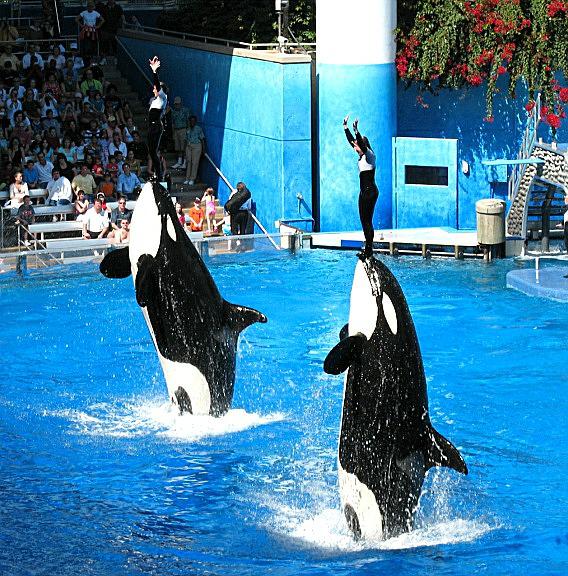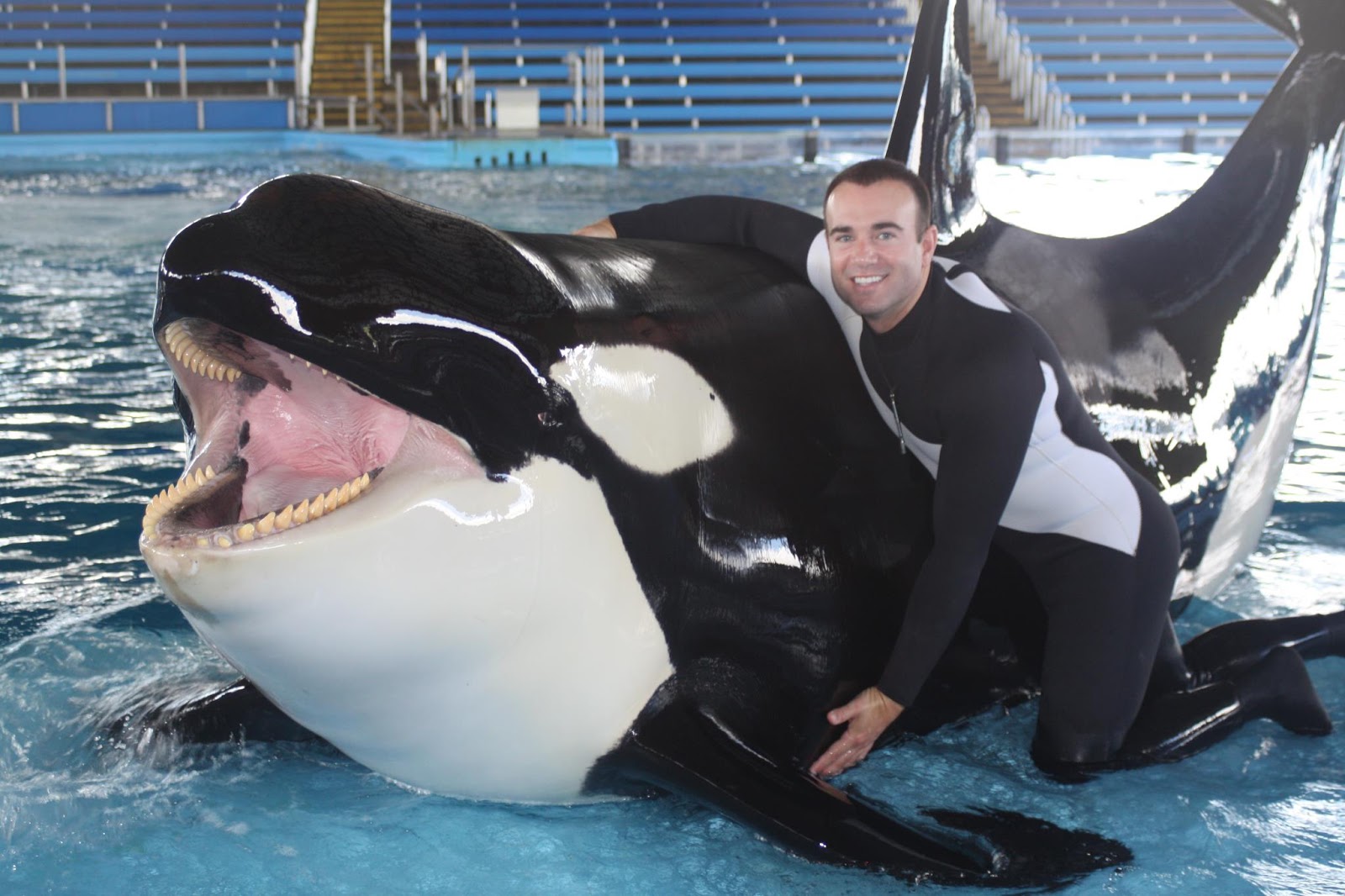Blackfish Part II: Impact of the Orca
Blackfish. The documentary that shook the world of animal rights, marine mammal parks, and zoological institutions. With the question of whether killer whales should be in captivity, we ask ourselves the questions: is it ethically acceptable to keep such intelligent mammals in captivity?
This blog post will examine the effect of the critically acclaimed documentary Blackfish on the American public, Sea World, and zoological institutions in general.
Ok, everyone loves orcas. They're beautiful, with their black and white marks so pure and clean. They're lovable, powerful in motion, wonders of the water. And they're gentle giants, as most people are led to assume. But wait! The other name for the orca: killer whale. KILLER whale. Killer whales are actually quite vicious in the wild, tearing apart seals and other prey with ease. Most people point toward the fact that no human has ever been killed by a wild orca. Hmmm, how about because most humans don't interact with killer whales 24/7. Oh wait, NO HUMAN does that. Animal rights groups are trying to capitalize on the fact that killer whales are crazed from captivity. But if they were, wouldn't there be more deaths in their forty year history of Sea World? It makes no sense. But while I personally don't agree with some of the tactics of the animal rights groups, I agree that it has opened the issue of whether humans should have killer whales in captivity.
Let's look at the basic impact of Blackfish. The most obvious impact of Blackfish is the corporation that the film attacks: Sea World, who owns three marine mammal theme parks: Sea World Orlando, Sea World San Diego, and Sea World San Antonio. Sea World Orlando is most infamous for the death of experience killer whale trainer Dawn Brancheau. Sea World has been affected GREATLY by the film, whatever their press representatives say. Sea World's attendance hasn't had a drastic fall, but they've certainly lost business over the thousands of people who lobby for Sea World to retire their orca breeding program and shows. Their revenue actually increased last year, but was due to raised prices and more spending inside the parks.
With the death of Dawn, Sea World has now implemented dozens of safety protocols and procedures in order to prevent another event, such as portable oxygen for their trainers and safety bars. However, Sea World lobbied the government to return trainers to work on a close-hand basis with the orcas and get in the water. Sea World was refused and a California lawmaker later proposed a bill that would halt the killer whale breeding program in California and force Sea World San Diego to close their orca shows. The bill was postponed, with both sides reloading. Sea World argues that closing the orca shows would cause Sea World San Diego to collapse and the San Diego economy would be greatly affected by the park's demise. Also, Sea World could simply get around the law by sending its orcas to one of its other parks.
Sea World has fought back bitterly to the numerous accusations of PETA and other animal rights organizations, as well as animal lovers around the world. They've dedicated an entire website to "clear up" the accusations. Both sides have hurled multiple claims toward each other.
To what end? That is the real question of the impact of Blackfish. It focuses on three main questions:
Will Sea World end their orca shows willingly?
Highly doubtful. Sea World's flagship species and arguably most beautiful and largest animals are the key for bringing in revenue and while Sea World is a for-profit company, it ain't cheap to take care of those massive behemoths. Sea World has fought tirelessly to keep its killer whales and will pour many millions into keeping the beloved animals by almost any means necessary.
If Sea World was to end their orca shows, would Sea World close?
That question is a little tricky to interpret. There is no doubt that Sea World relies on their orcas for a majority of their revenue as their flagship species. With the closure of the orca shows, suddenly visitors just lost about half an hour of their time and orca merchandise plummets. However, Sea World spends millions of dollars each year on maintaining the orca facilities, and would not have to spend money on trainers, tanks, shows, food, or veterinary care. Still, when major exhibits close in a zoological institution, people start to leave.
Is it ethically acceptable to have killer whales in captivity?
It depends on what you believe in. If you believe that killer whales are meant to be in the wild, then you will have none of this nonsense. But if you say that Sea World contributes to scientific research and are convinced that Sea World provides the best care for their orcas, then Sea World is justified. The decision to end orca shows will come eventually and it may be phased out inevitably with everyone being so ethical these days. Do you believe orcas are okay in captivity?
Author's Note:
Let me be the first one to commend Sea World for their work with smaller marine animals like manatees, walruses, and dolphins. While some complain that the tanks are still too small and unfit for the wild, Sea World has been instrumental for the rescue and rehabilitation of countless marine animals. If Sea World was to close, then all that research and rescue would be gone. Sea World is one of the world's juggernauts of marine mammal science and research, and without them, marine mammal research would be practically gone. Sea World still has a long way to go and I don't condone with keeping such massive animals in small conditions. But the killer whales at Sea World are such great ambassadors for marine mammals. Under normal circumstances, I would say that captivity could be justified. But killer whales aren't endangered and are unlikely to as humans normally don't interfere with their habitat or hunt them regularly. Both Sea World and Blackfish fanatics have used methods that I don't agree with, but I would side with Sea World for their research and rescue and Blackfish for their ability to raise public awareness on an issue.




